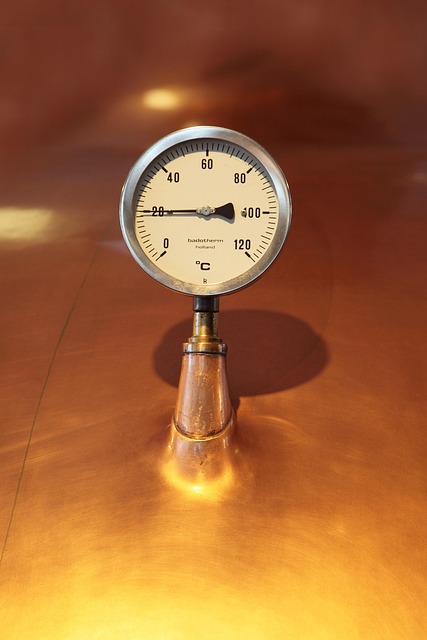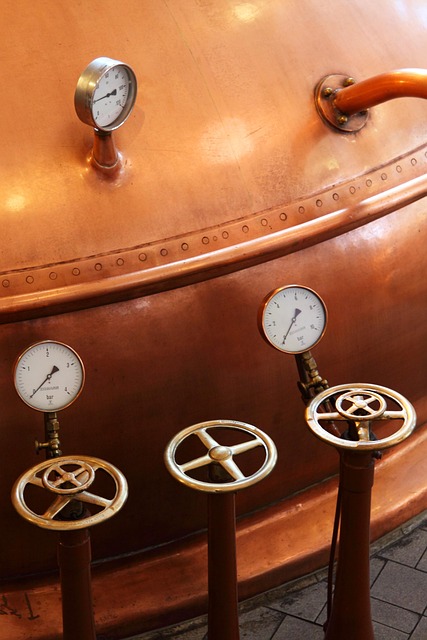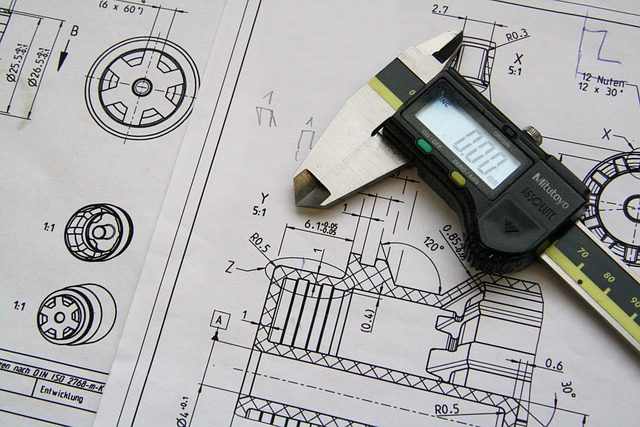Mastering Global Communication: Certified Translations of UK Technical Standards
Translation services for UK Technical Guidelines and Standards play a pivotal role in global business operations, bridging cultural gaps and ensuring compliance with local regulations. These services are crucial for international expansion and collab…….

Translation services for UK Technical Guidelines and Standards play a pivotal role in global business operations, bridging cultural gaps and ensuring compliance with local regulations. These services are crucial for international expansion and collaboration, offering precision beyond simple word-for-word translation. A strategic approach involves selecting reputable providers with expertise in technical jargon, industry-specific terminology, and UK market understanding. Quality assurance processes, flexible delivery methods, and accurate translations ensure seamless integration within the UK guidelines landscape, preventing legal complications and facilitating innovation and international trade.
Need reliable translation services for UK technical guidelines and standards? Global businesses increasingly rely on accurate interpretations to navigate diverse markets. This article demystifies the process, exploring the significance of certified translations in technical documentation. From understanding UK standards’ global relevance to overcoming challenges, we provide insights into selecting reputable translation services and best practices for precise technical content localisation. Discover case studies showcasing successful translation strategies for UK technical guidelines.
- Understanding UK Technical Standards and Their Global Relevance
- The Importance of Certified Translations in Technical Documentation
- Navigating the Process: How to Choose a Reputable Translation Service
- Ensuring Accuracy: Best Practices for Translating Technical Content
- Common Challenges in UK Technical Standard Translations and Overcoming Them
- Legal and Compliance Considerations for Certified Translations
- Case Studies: Success Stories of Effective Technical Translation Services
Understanding UK Technical Standards and Their Global Relevance

UK technical standards play a pivotal role in ensuring product safety, quality, and compatibility across various industries. These guidelines are meticulously crafted to meet the unique requirements of British markets, covering everything from electrical safety regulations to specific construction norms. However, their relevance extends far beyond UK borders; many international businesses seek these standards as a benchmark for global quality assurance.
In today’s interconnected world, understanding and adhering to local technical standards is crucial for companies aiming to expand internationally or collaborate with foreign partners. Translation services for UK Technical Guidelines and Standards step in to bridge this gap by providing accurate and culturally sensitive interpretations, enabling seamless communication and compliance across diverse markets.
The Importance of Certified Translations in Technical Documentation

In the realm of technical documentation, clarity is paramount. When it comes to UK technical guidelines and standards, accurate and certified translations are not just beneficial—they’re essential. These documents often serve as crucibles for innovation, guiding industries from manufacturing to healthcare in their pursuit of excellence. Ensuring these guides are accessible and understood across diverse linguistic landscapes is a game-changer, fostering international collaboration and standardisation.
Professional translation services play a vital role here, offering expertise beyond mere word-for-word rendering. They navigate the intricate tapestry of technical jargon, cultural nuances, and regulatory requirements, guaranteeing that translated documents maintain their integrity and precision. This is particularly critical in the UK, where adherence to standards ensures product safety, quality, and compatibility with global markets. Thus, investing in certified translations is not just a step towards compliance; it’s a strategic move to harness the full potential of diverse linguistic audiences.
Navigating the Process: How to Choose a Reputable Translation Service

Navigating the process of obtaining certified translations for UK technical standards can seem daunting, but with the right approach, it becomes a seamless experience. The first step is to identify a reputable translation service that specialises in technical documentation. Look for providers with a proven track record and expertise in translating industry-specific terminology accurately. Reputable services will often have native speakers on their team, ensuring fluency and cultural appropriateness.
When choosing, consider their understanding of the UK market and any regulatory requirements specific to your sector. A good translation service will also offer quality assurance processes, such as proofreading and editing, to guarantee precision. Additionally, they should provide options for different file formats and delivery methods to suit your needs.
Ensuring Accuracy: Best Practices for Translating Technical Content

When seeking translation services for UK technical guidelines and standards, ensuring accuracy is paramount. Technical content often involves complex terminology, intricate concepts, and precise language that must be faithfully translated while maintaining integrity. The best practices for translating such content include a thorough understanding of the source material and domain expertise. Professional translators should have a deep knowledge of both the technical subject matter and the target language to accurately convey nuanced ideas.
Another crucial aspect is quality assurance processes. Reputable translation services employ rigorous procedures, including proofreading, editing, and review by subject-matter experts, to guarantee accuracy and consistency. Using memory translation tools and keeping terminologies standardized further enhances precision. Remember that technical translations are not just about word-for-word substitutions; they demand a seamless fusion of language and technology to produce clear, concise, and error-free documents.
Common Challenges in UK Technical Standard Translations and Overcoming Them

Technical standards and guidelines within the UK often present unique challenges when it comes to translation, especially as these documents require a deep understanding of industry-specific terminology and regulations. One significant hurdle is maintaining accuracy while adapting the content for different languages and cultural contexts. For example, what constitutes a “technical requirement” in one language might not directly translate to another, requiring translators to possess not only linguistic skills but also domain expertise.
Overcoming these challenges calls for specialized translation services tailored to UK technical standards. Professional translators with industry knowledge can ensure that the translated guidelines remain true to the original intent while being culturally appropriate. Utilizing advanced translation memory tools and maintaining a consistent terminology base across projects helps maintain consistency, especially in lengthy documents. Additionally, quality assurance processes, including peer review, can catch nuances missed by automated tools, ensuring precision and clarity in the final translation.
Legal and Compliance Considerations for Certified Translations

When dealing with technical guidelines and standards in the UK, ensuring accurate and legally compliant translations is paramount. Certified translations are often required for official documents to maintain integrity and avoid potential legal issues. Businesses and organisations must consider the specific regulations and standards applicable to their industry when choosing translation services.
Choosing a reputable and experienced provider who understands the nuances of technical terminology and legal language is crucial. Reputable firms will employ translators with subject matter expertise and knowledge of UK law, ensuring that translations are not just word-for-word but also culturally adapted and legally sound. This is especially important for documents related to safety standards, medical protocols, or industry regulations where even a minor error could have significant consequences.
Case Studies: Success Stories of Effective Technical Translation Services

Many organizations operating within the UK, especially in regulated sectors like engineering, healthcare, or construction, have had to navigate the complex landscape of technical communication. One of the critical elements ensuring compliance and safety is the precise and accurate translation of UK technical guidelines and standards into other languages.
Successful case studies abound, showcasing how effective translation services for UK Technical Guidelines and Standards can make all the difference. For instance, a leading pharmaceutical company recently benefited from professional translators who not only translated but also localized their detailed product specifications, ensuring compliance with global regulations while maintaining clarity and consistency across diverse markets. This seamless process allowed them to expand their reach without compromising quality or safety standards.
When it comes to global communication, certified translations of UK technical standards are indispensable. As demonstrated in this article, choosing the right translation service is crucial for accuracy and compliance. By understanding the process, best practices, and legal considerations, businesses can ensure their technical documentation effectively reaches international audiences. Leveraging reputable translation services and adhering to industry guidelines facilitates seamless navigation through complex global markets, ultimately enhancing productivity and fostering innovation.





